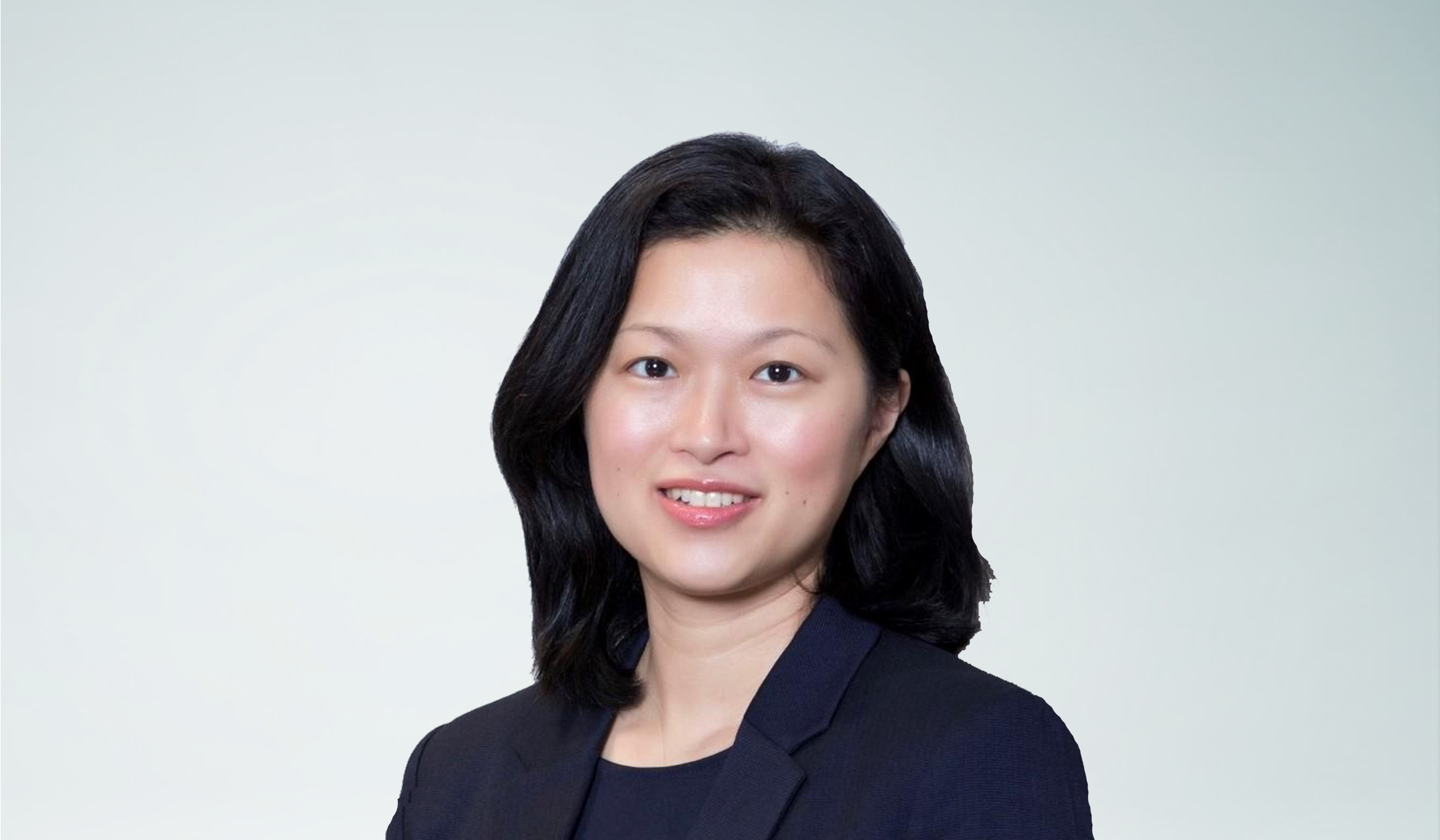Spotlight on super-aged markets
The rapidly graying populations of Hong Kong, China, and Taiwan present unique challenges and opportunities for insurers designing protection solutions for the elderly. Key takeaways from RGA’s survey point to shifting priorities around health management, income protection, and legacy planning as seniors in the region reassess their financial and insurance needs.
Hong Kong
Already having a super-aged population, Hong Kong expects to see its 65+ community grow to 30% by 2031.3 The population aged 50 to 80, which could be considered the target market for senior insurance products, currently comprises 41% of the population.
Hong Kong seniors have traditionally bought savings plans that provide guaranteed returns/dividends and fixed deposits, neither of which provide sufficient financial support for unexpected medical expenses. Hong Kong's agent-driven insurance market has shied away from CI products for seniors because of concerns about cumbersome underwriting processes. Seniors, most of whom have at least mild impairments, remain wary about medical exams and are loathe to consider products they deem not providing sufficient value for the premium charged.
Yet if products become simpler, more inclusive, and more affordable, Hong Kong could be the next great market for senior products.
Hong Kong survey highlights:
- Seniors have high confidence in their level of retirement savings (87% are somewhat confident or very confident) to cover day-to-day expenses but fear a devastating major illness that could financially impact their entire family.
- Along with China, Hong Kong seniors showed the highest demand for CI and LTC insurance across Asia. Their interest in buying CI plans increases with age, with those in their twilight years (age 70+) 50% more likely to be "very interested" in buying CI products than pre-retirees (ages 55-60).
- Interestingly, while more than half of Hong Kong seniors prefer to buy CI and health insurance through an agent or broker, more than 40% are willing to buy products digitally via an insurer or aggregator website – but only if the coverage is affordable and easy to understand.
China
China's population is aging faster than any other country in modern history. The number of people older than 60 in China is projected to increase from 12% today to 26% of the total population by 2050.4 The proportion of these impaired lives who can obtain insurance coverage remains very low, creating a significant coverage gap.
According to a McKinsey report, out-of-pocket medical expenditures for China’s population older than 65 amounts to 2 trillion RMB. Commercial insurance compensation covers only about 7% of this, highlighting a significant market gap.5 Insurance penetration among this massive senior population is also stymied by perceptions that senior-focused products are overly complicated and too expensive.
Most of the China disease protection market is dominated by whole life products, which seniors deem too costly. Direct insurers serving the market have limited experience in developing and distributing suitable products.
Shortening coverage terms to 10 to 20 years can help reduce premiums. Another strategy insurers could explore is incorporating accumulated cash value into protection products, an extremely attractive prospect for Chinese seniors.
China survey highlights:
- When Chinese respondents who applied for insurance in the past were asked why they did not ultimately purchase coverage, 52% of life applicants and 45% of private health insurance applicants said they were rejected or declined partial coverage due to pre-existing conditions. For those who applied for a CI product, 54% said they were denied or offered only partial coverage.
- Chinese respondents reported their top barrier to pursuing all three types of insurance (life, private health, CI) is that policies are too difficult to understand.
- Chinese seniors said they feel more confident with in-person interactions with an agent, broker, or banker. But they also reported an openness to digital channels such as an insurer’s website or app, or an online insurance platform. Word of mouth from family or friends is a top source of information for Chinese seniors.
Taiwan
Based on government forecasts, Taiwan will have the third-largest aging population percentage in the world by 2045, behind Japan and Korea.
Traditionally, the Taiwanese market viewed senior products as prohibitively expensive with strict underwriting, making them neither customer friendly nor easily accessible. This is a misperception. RGA launched Taiwan’s first senior product in 2022 to great success. The product was specifically designed with seniors in mind, with inclusive underwriting. RGA also shifted its approach to distribution channels and explored new options for the product. Around 20% of product purchases were made by the children of the seniors.
Taiwan survey highlights:
- Affordability and ease of claims processing are among the top purchase drivers for Taiwanese seniors across all three insurance types.
- Seniors value the reputation and financial strength of insurers when seeking life and private health insurance.
- Apart from premium cost, Taiwanese seniors said complex and confusing policy language is their top barrier to purchasing CI, life, or private health insurance.
Conclusion
As Asia's populations rapidly age, insurers have a prime opportunity to tap into the underserved senior market with tailored solutions that provide health protection, income protection, and legacy planning benefits. By streamlining products and underwriting, using innovative distribution channels, and designing straightforward and affordable offerings, insurance carriers can meet the evolving needs of elderly consumers across Asia. With adaptations and an inclusive mindset, the insurance industry can play a vital role in supporting Asia's super-aged societies.
Discover opportunities from RGA's analysis of 1,636 respondents in China, Hong Kong, Japan, Taiwan, India, South Korea, Thailand, and Vietnam. Don't miss this comprehensive look at the rapidly evolving senior market in Asia: "Aging in Asia: Inclusive Insurance Study on Seniors."







